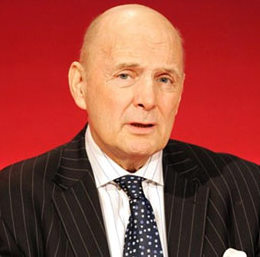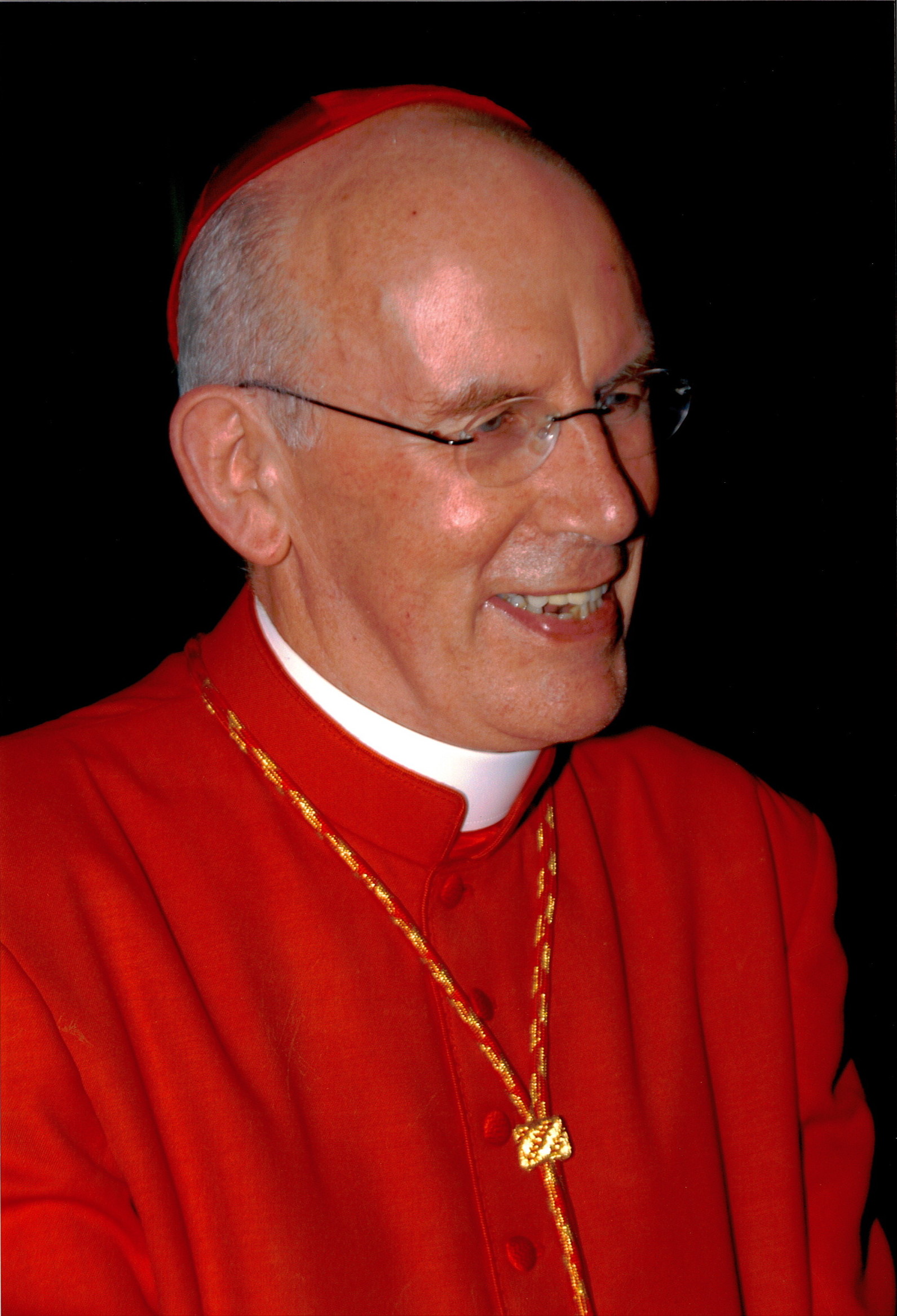OPENING ADDRESS BY CARDINAL SEÁN BRADY,
ARCHBISHOP OF ARMAGH AND PRIMATE OF ALL IRELAND
AT THE IRISH INTER-CHURCH MEETING CONFERENCE
‘THE CHURCHES AND EDUCATION: CONTEXT, VISION AND VALUES’, EMMAUS RETREAT AND CONFERENCE CENTRE, SWORDS, CO DUBLIN
I welcome you all this morning to this Conference on ‘The Churches and Education: Context, Vision and Values’, organised by the Church in Society Forum of the Inter-Church Meeting. I thank the Chair of that Forum, Mrs Eileen Gallagher and the Planning Sub-Committee for the very comprehensive and challenging programme they have put together for us.
The theme could not be more timely or significant. The dramatic cutbacks in public spending which have been announced in both parts of our island have left many reeling with fear and uncertainty. Then there is the ongoing debate north and south about the relationship between faith and schooling, about how scarce public resources should be used in a society of diverse religious and ethnic identity as well as increasing secularity.
This is part of the ‘context’ of our shared reflection today. In a sense, Christian education is global. But what of the ‘vision’ and ‘values’?
The Book of Proverbs tells us ‘Without a vision, the people perish’. Today is an opportunity to reflect together on the vision that might inspire, energise and direct the mission of Christian education in the Ireland we find ourselves in today.
We do so as Christians – united by our common baptism. I feel this topic seems to be flowing quite logically from the topic of the lat Inter-Church Meeting which was Baptism. Baptism makes us members of the Body of Christ with rights and responsibilities. Baptism gives to the baptised certain rights within the Church – especially the right to be nourished by the Word of God. But, corresponding to that right of baptised children, is the right and duty of parents to ensure that this right of their children is respected and upheld.
We do so with the shared conviction that the love of Jesus Christ opens us to the true wonder, beauty and potential of every human person. We do so with a shared vision of humanity that respects and values every person equally.
Part of our challenge, therefore, part of the opportunity we have today, is to explore together how we can put new heart into the values which give life to our shared Christian vision of education.
When I was in Rome I was often struck by the fact that so many frescoes from the early Church portray Christ in the tunic and cloak of a teacher. These symbolise the conviction which has united Christians in every age that Jesus Christ is in his very nature and person an ‘educator’. He is one who quite literally ‘leads us out’. He leads us out of ourselves into the limitless horizons of the encounter with God and with each other. Leading us out of ourselves and our own selfish preoccupations he then sends us out to bring his liberation to others.
That is why Christians have always understood Christian education as fundamentally a liberation. It is a liberation from the destructive forces that vie within our fallen human nature, which in turn frustrate our efforts at a more just and peaceful world. It leads us to the liberty of the children of God – the freedom of a life for God and for others.
It is this ‘freedom for’ which means that the question of Christian education is, and always will be, associated with the question of society. If the encounter with Jesus – if our salvation – is a ‘leading out’ then it invariably leads us into engagement with the society of which we are a part. This is why authentic Christian education can never be a matter of escape from the world or from the challenges which confront it. It can never be about walling ourselves in, precisely because Jesus calls us out – out into mission – into the marketplace of competing values, philosophies and ideas, always ready, in the words of St. Peter, ‘to give a reason for the faith’ that is within us.
In the first centuries Christians usually received their religious instruction in the family or in the Church. But things moved on. We are no longer in those centuries. As Christian education matured in the Middle Ages, education and learning came to be seen as necessary means in the process of civilizing the so-called barbarians. When the barbarian invasions and the ensuring chaos almost extinguished the light of learning and education, it was the Church, and especially the monasteries that kept it alight.
Unlike totalitarian regimes, the Christian philosophy of education holds that the family, the State and the Church all share a responsibility of educating young people.
Christian education requires a constant striving for intellectual excellence, social responsibility, emotional maturity and striving for spiritual perfection. So we cannot talk about Christian education without talking about the society through and in which it is mediated. Here in Ireland, north and south, that society has been characterised, in recent years, by change:
• There are new levels of diversity and secularity.
• There are new and unexpected financial challenges.
• There is the new and more peaceful situation in Northern Ireland.
• There has also been an important change which is less commented upon. Within the Christian community there has been an important change in how we relate to each other.
That we are meeting here in Emmaus to share our perspectives on Christian education could hardly have been imagined fifty years ago. We should never take this change for granted or become complacent about its significance.
This positive and welcome change challenges us to renew our vision of Christian education in Ireland today. It challenges us to ensure that the resources, structures and values behind our mission of Christian education on this island are giving the fullest possible expression to our Christian vision of justice, peace, reconciliation and respect for the rights and freedoms of all. The Trustees of Catholic Schools, north and south, have indicated time and time again that they are open to a creative, responsible discussion with others about how we can respond constructively to the needs of a diverse society.
Recent suggestions that schools in Northern Ireland should be forced into one single state system are a stark warning to all those who respect diversity and the rights of parents. It seems strange that people in Northern Ireland are being told that they should accept a lower standard of rights and freedoms than they would have if they lived in Britain, Scotland or the south of Ireland. People in Northern Ireland deserve to live in a normal society. Diversity is part of a normal society, including diversity in the range of schools available for parents to choose from.
Such comments set back the discussion about the future of education, north and south. They create distrust and suspicion rather than a constructive atmosphere of collaboration, sensitivity and mutual respect. Today is an opportunity for us as Christians, with our own particular histories on this issue, to demonstrate that sensitivity and respect for each other. It is an opportunity to explore what opportunities might exist for greater co-operation and sharing in the mission of Christian education in Ireland today. It is an opportunity to identify how we can work to support each other against efforts to remove our legitimate rights and interests in education.
Without a vision the people will perish. Without prayer and discernment our vision will be imperfect and impaired. Let us now ask God to bless and inspire our efforts today to know and do his will, and where we can, to help us to do it joyfully and together.
Thank you.



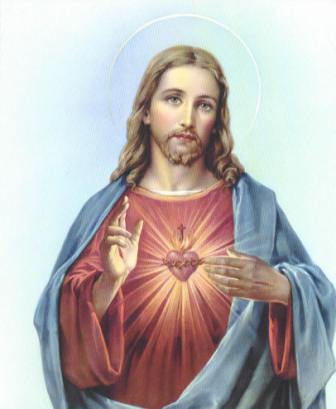
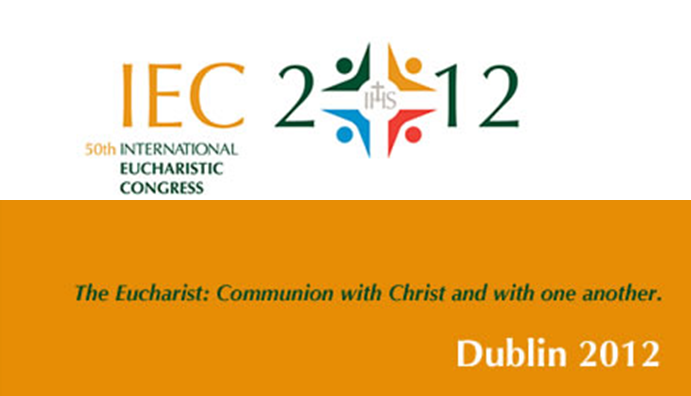
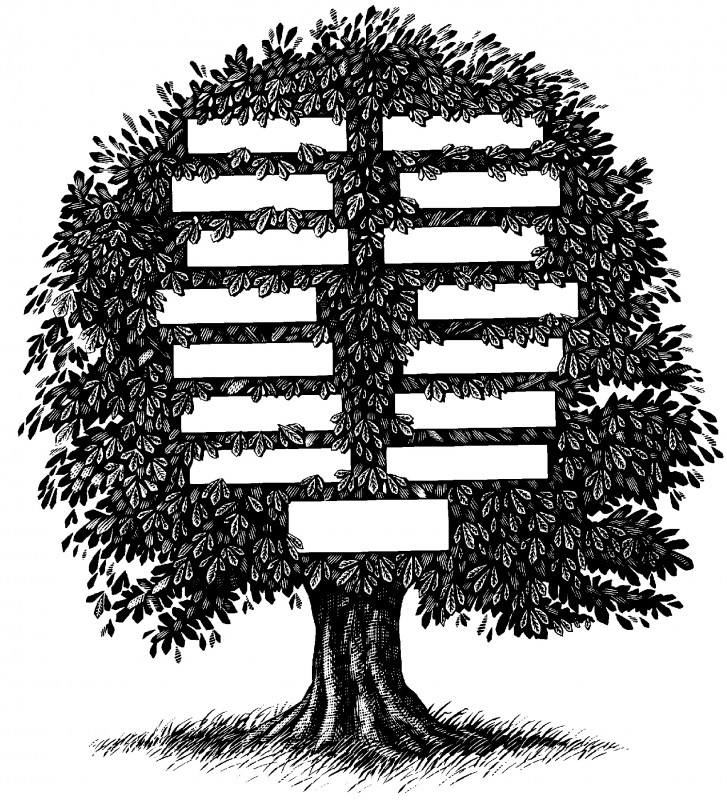
 The pre 1900 parish registers for the Archdiocese of Armagh have been computerised. These registers contain baptism, marriage and death records. The computerised records span four counties: all of Armagh, a large part of Tyrone, all of Louth and a small part of Derry.The Archdiocese of Armagh is not in a position to offer a genealogical research service. The computerised records, however, have been passed on to:
The pre 1900 parish registers for the Archdiocese of Armagh have been computerised. These registers contain baptism, marriage and death records. The computerised records span four counties: all of Armagh, a large part of Tyrone, all of Louth and a small part of Derry.The Archdiocese of Armagh is not in a position to offer a genealogical research service. The computerised records, however, have been passed on to:
